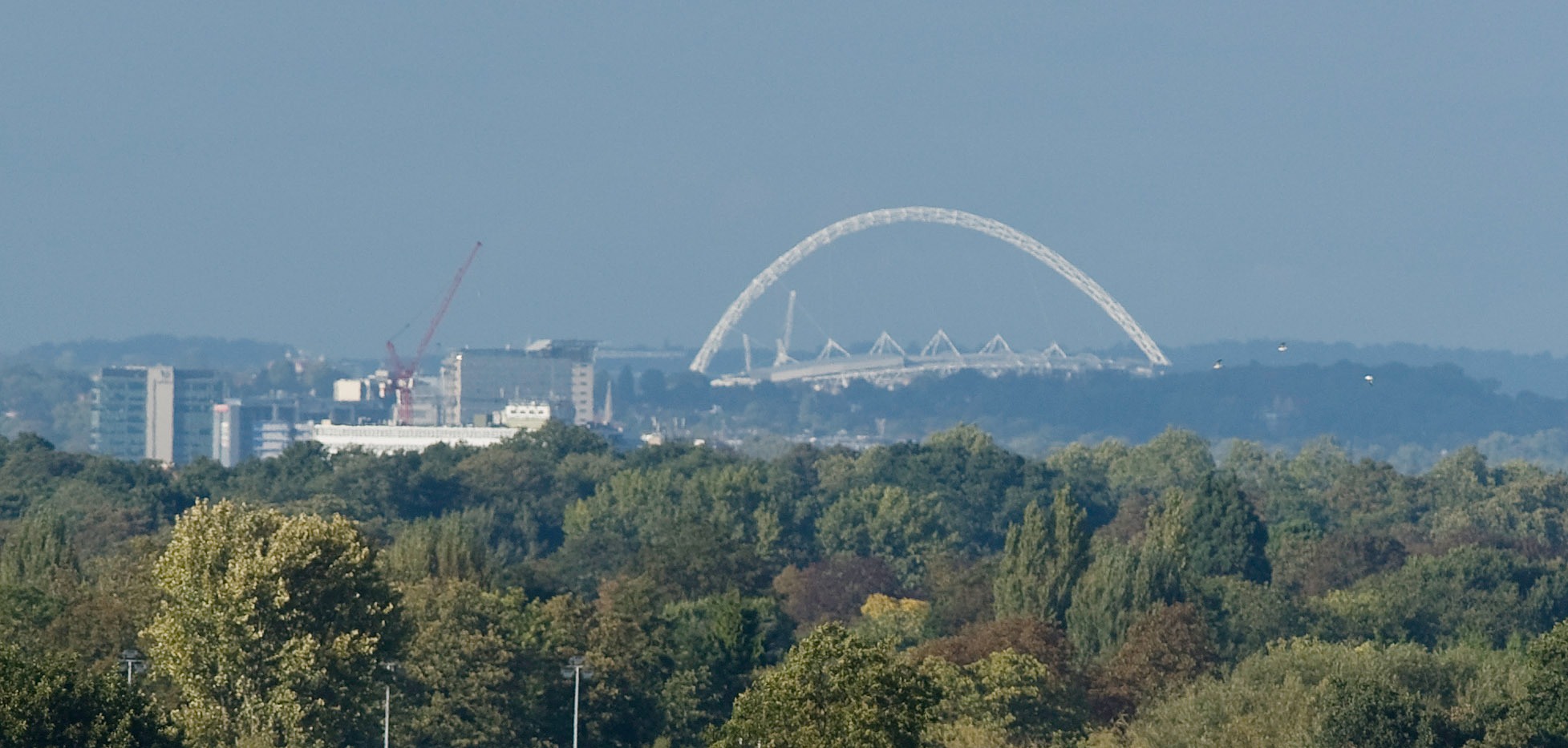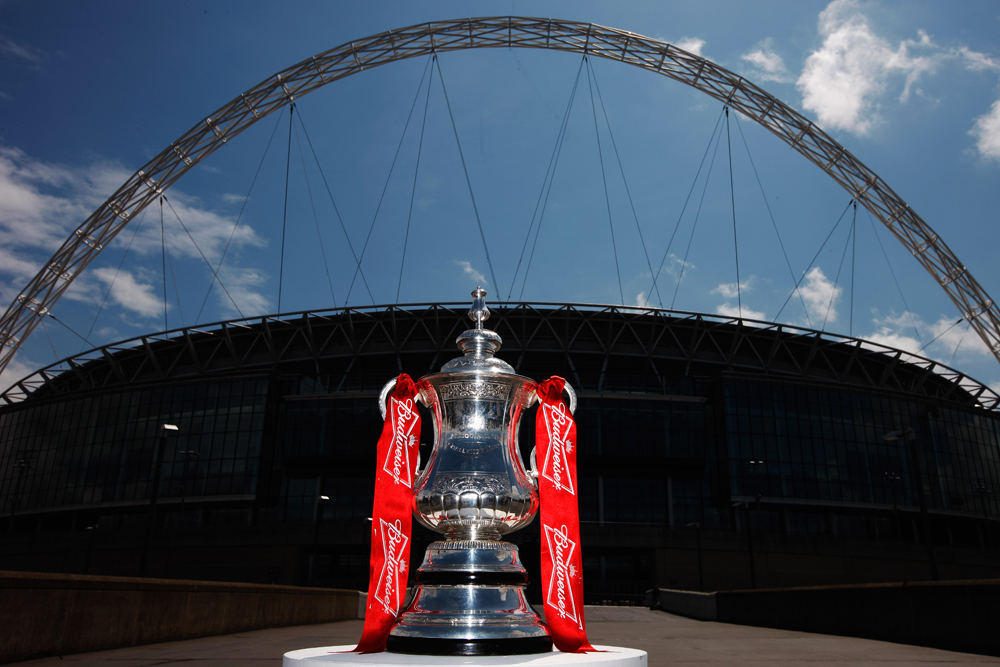The most telling information in the Football Association’s recently published 2010 annual report and financial statements comes on page 24 of the 42-page document.
This tells us that, for all the pain and hard work that went into driving up the body’s overall financial performance, stadium and non-FA event management remained heavily in loss – to the tune of £12.1 million ($18.9 million/€13.9 million) at the pre-tax level, against £15.6 million ($24.4 million/€ million) in 2009.
In other words, the new Wembley stadium remains a costly indulgence.
And while the fixed-rate debt and the cost of servicing it should slowly reduce with each succeeding year, its presence ratchets up the pressure on the FA to secure top-dollar for the broadcast and sponsorship rights that constitute its main source of revenues.
Under such circumstances, anaemic displays such as those of the England team in the 2010 World Cup in South Africa are, to say the least, unhelpful.

With a European Cup final and a string of Take That concerts, and then the Olympic Games to take account of, 2011 and 2012, should be better for Wembley – but 2010 was in no way a vintage year.
Revenue generated by the stadium fell £11 million ($17 million/€12.6 million), or 12 per cent, to £80 million ($125 million/€92 million).
Event income crashed from £18 million ($28 million/€21 million) to £12 million ($19 million/€14 million), due to 10 fewer events being held than in 2009.
Revenue from Club Wembley – the 4,900 members who occupy premium seats and boxes under long-term licences – slid from £65 million ($102 million/€75 million) to £60 million ($94 million/€69 million) due to the “challenging economic circumstances”.
Club Wembley is described in the directors’ report as “the key Wembley revenue stream”.
Wembley-related expenses declined too, with so-called “Wembley and facility costs” tumbling by £14 million ($22 million/€16 million) to £50 million ($78 million/€57 million).
The bulk of this (£10 million ($16 million/€11 million)) was attributed to the reduction in events, with a further £3 million ($4.7 million/€3.4 million) down to one-off repair costs incurred in 2009.
This helped the Wembley Stadium operating profit to nudge over £10 million ($16 million/€11 million) (£10.5 million ($16.4 million/€12.1 million) versus £9.6 million ($15 million/€11 million) in 2009).
But this was still less than half the £22.8 million ($35.7 million/€26.2 million) (2009: £25.9 million ($40.5 million/€29.8 million)) in interest payable and similar charges.
The group also made bank loan repayments of £19 million ($30 million/€22 million) in 2010.
These repayments, combined with the interest bill, absorbed nearly 14 per cent of the FA’s 2010 turnover of £303.6 million ($474.7 million/€348.9 million) (2009: £309.4 million ($483.8 million/€355.6 million)).
Something had to give way to produce the improved operating profit and corporate service functions bore a big part of the burden.
Expenditure on these fell more than 30 percent to £13 million ($20 million/€15 million) (2009: £19 million ($30 million/€22 million)), due partly to a £2 million ($3.1 million/€2.3 million) “curtailment gain” arising from the closure of a final salary pension scheme.

Investments in the game were pruned by nearly 5 per cent at £101 million ($158 million/€116 million) (2009: £106 million ($166 million/€122 million)), with a reduced FA Cup prize fund and television payments to competing clubs partly responsible.
The prior year had also included a one-off £17 million ($27 million/€20 million) cost relating to the FA’s relocation to Wembley, which was obviously not replicated in 2010.
With the debt burden still considerable and costs pared back significantly from previous levels (although there won’t be another World Cup bid for a long time to come), maintaining revenues is going to be vital if further cuts in the FA’s investments in English football are to be avoided.
In June, the FA unveiled a new FA Cup sponsor in the shape of Budweiser, although the amounts the beer company is paying were not disclosed.
And it was absolutely no surprise to see Bernstein describe securing a new broadcast contract from 2012 as “currently a major focus”.
England’s recent qualification for Euro 2012, albeit from a pretty undemanding group, must have come as a welcome relief.
David Owen worked for 20 years for the Financial Times in the United States, Canada, France and the UK. He ended his FT career as sports editor after the 2006 World Cup and is now freelancing, including covering the 2008 Beijing Olympics and 2010 World Cup. Owen’s Twitter feed can be accessed here.

